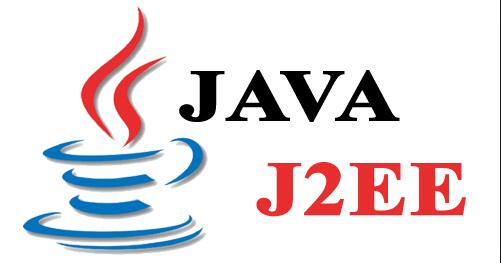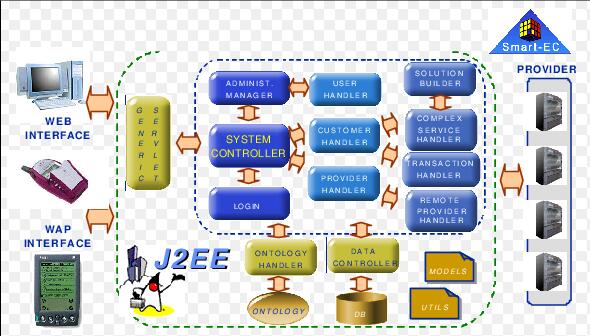Java Platform, Enterprise Edition

Java Platform, Enterprise Edition (Java EE), formerly Java 2 Platform, Enterprise Edition (J2EE), currently Jakarta EE, is a set of specifications, extending Java SE with specifications for enterprise features such as distributed computing and web services. Java EE applications are run on reference runtimes, that can be microservices or application servers, which handle transactions, security, scalability, concurrency and management of the components it is deploying.
Java EE is defined by its specification. The specification defines APIs and their interactions. As with other Java Community Process specifications, providers must meet certain conformance requirements in order to declare their products as Java EE compliant.
Examples of contexts in which Java EE referencing runtimes are used are: e-commerce, accounting, banking information systems.

History
Main article: Java EE version history
The platform was known as Java 2 Platform, Enterprise Edition or J2EE from version 1.2, until the name was changed to Java Platform, Enterprise Edition or Java EE in version 1.5. The current version is called Java EE 8.
J2EE 1.2 (December 12, 1999)
J2EE 1.3 (September 24, 2001)
J2EE 1.4 (November 11, 2003)
Java EE 5 (May 11, 2006)
Java EE 6 (December 10, 2009)
Java EE 7 (May 28, 2013, but April 5, 2013 according to spec document. June 12, 2013 was the planned kickoff date)
Java EE 8 (August 31, 2017)
Java EE is currently maintained by Oracle under the Java Community Process. On September 12, 2017, Oracle Corporation announced that it would submit Java EE to the Eclipse Foundation. The Eclipse top-level project has been named Eclipse Enterprise for Java (EE4J). On February 26, 2018, it was announced that the new name of Java EE will be Jakarta EE.
Specifications
Java EE includes several specifications that serve different purposes, like generating web pages, reading and writing from a database in a transactional way, managing distributed queues.
The Java EE APIs include several technologies that extend the functionality of the base Java SE APIs, such as Enterprise JavaBeans, connectors, servlets, JavaServer Pages and several web service technologies.
Tabpear was formed out of the need for a cash-strapped web start-up to grow its coding resources.
The start-up's founders soon discovered that accessing local talent was cost- prohibitive, whilst the available alternatives, Freelancer websites and traditional offshore development centres simply did not cater for the needs of a typical SME.
What was needed was a new type of IT offshoring centre... one able to deliver cost- effective resources on-demand, to clients of all shapes and sizes, with minimal fuss and maximum agility.
Tabpear was born... entirely flexible and infinitely scalable, our pool of best- in-class developers, work in teams of various sizes, delivering specific projects, or as a seamless extension of your existing workforce.